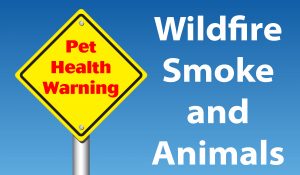Blog

Our animals can also be affected by the wildfire smoke.
“As irritating as smoke can be to people, it can cause health problems for animals as well. Smoke from wildfires and other large blazes affects pets, horses, livestock and wildlife. If you can see or feel the effects of smoke yourself, you also should take precautions to keep your animals – both pets and livestock – safe.”
For more information on how to protect your pets and livestock, please
visit www.avma.org/…/Emerge…/Pages/Wildfire-Smoke-and-Animals.aspx

For immediate release: August 8, 2018 (18-111)
Contact: Dave Johnson, Strategic Communications Office, 360-545-2944
Air quality degraded by wildfires across the state
OLYMPIA – Washington State Department of Health is encouraging people in areas affected by wildfire smoke to take necessary steps to protect themselves from poor air quality.
People can take the following steps to protect themselves from smoke due to wildfires:
• Visit the Washington Smoke Blog or contact your local regional clean air agency.
• Stay indoors, avoid strenuous physical activities outside, and keep indoor air clean. Close windows and doors. Use fans or an air conditioner (AC) when it is hot, and set your AC to recirculate. If you do not have AC and it is too hot to stay home, go to a place with AC such as a mall or library. Remember to stay hydrated. Do not smoke, use candles, or vacuum. Use an air cleaner with a HEPA filter.
• Contact your health care provider when you have specific health concerns, and dial 911 for emergency assistance if symptoms are serious.
Smoke from wildfires especially increases health risks for babies, children, people over 65, pregnant women, and those with health conditions, such as heart and lung diseases or diabetes.
Breathing smoky air can cause a wide range of symptoms from watery eyes and coughing to chest pain and asthma attacks. People with heart or lung diseases such as asthma are more likely to experience serious and life-threatening symptoms.
The DOH website is your source for a healthy dose of information. Find us on Facebook and follow us on Twitter. Sign-up for the DOH blog, Public Health Connection
